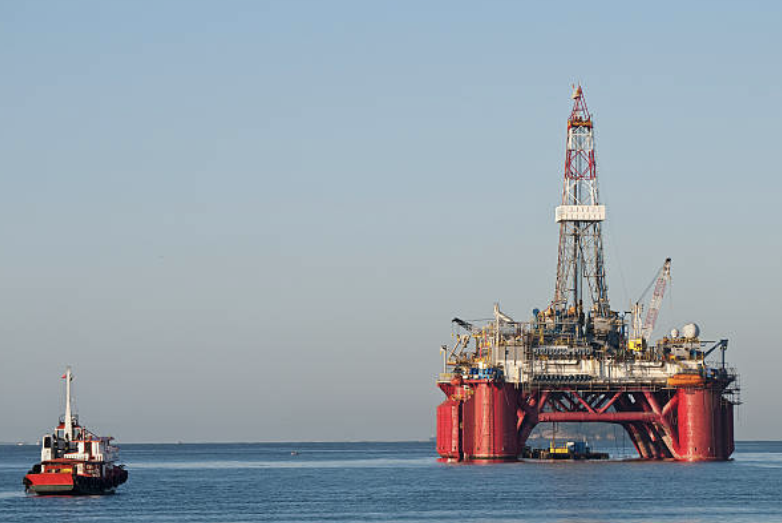
Posted on Thursday, October 10, 2024
Offshore platforms represent the pinnacle of engineering ingenuity, serving industries such as oil and gas, renewable energy, and marine construction. The construction of these structures requires cutting-edge technologies and robust materials to withstand harsh environmental conditions. Metal fabrication plays a pivotal role in ensuring the durability, safety, and efficiency of offshore platforms, including oil rigs, wind platforms, and floating solar farms.
Oil rigs are highly complex structures that require a combination of heavy-duty steel and precision welding to ensure stability in deep-sea environments. Metal fabrication is crucial for:
Offshore wind farms rely on sturdy platforms to house turbines and other equipment. Metal fabrication ensures:
Metal fabrication innovations have unlocked new possibilities for floating solar farms, which require:
Offshore environments expose platforms to saline water, humidity, and extreme weather. The use of corrosion-resistant materials, such as:
Offshore platforms must be fabricated with millimeter precision to ensure stability and safety. Cutting-edge technologies such as CNC machining and laser cutting are employed for:
Offshore platforms are structures built in marine environments to support activities such as oil extraction, wind energy production, and solar power generation. They are designed to withstand harsh environmental conditions like strong winds, saltwater corrosion, and high waves.
The construction of offshore platforms involves:
Metal fabrication is the backbone of offshore platform construction, enabling the creation of strong, durable, and precisely engineered components that ensure the platform’s longevity and operational safety.
Offshore platforms are engineering marvels that rely heavily on metal fabrication for their construction and maintenance. The combination of corrosion-resistant materials, structural precision, and innovative design techniques ensures their durability and safety in some of the world’s most challenging environments. As industries push boundaries with floating solar farms and deep-sea wind platforms, advancements in metal fabrication will continue to drive innovation.
Q: What are the primary materials used in fabricating offshore platforms?
A: Stainless steel, galvanized steel, and advanced composites are commonly used due to their corrosion resistance and strength.
Q: What are the challenges in offshore metal fabrication?
A: Challenges include combating corrosion, achieving structural precision, and ensuring components withstand extreme marine forces.
Q: What are floating solar farms?
A: Floating solar farms are arrays of solar panels installed on floating platforms over water bodies, offering renewable energy solutions while conserving land space.
Q: How does structural precision impact offshore platform safety?
A: High structural precision ensures components fit seamlessly, reducing stress points and enhancing the platform’s ability to withstand environmental forces.

Used Purlin Roll Forming Machines for Sale Worldwide
Posted on Sunday, January 25, 2026
Pre-Owned Roll Forming Machines for Purlin & Structural Steel Profiles

Used Roof Panel Roll Forming Machines for Sale Worldwide
Posted on Sunday, January 25, 2026
Pre-Owned Roll Forming Machines for Roofing Panel Production

Used Roll Forming Machines for Sale Worldwide
Posted on Tuesday, January 20, 2026
Pre-Owned Roll Forming Machines with Inspection, Verification & Global Support

Steel Coil Supply for Roll Forming Machines Worldwide
Posted on Tuesday, January 20, 2026
Reliable Steel Coil Supply for Roll Forming, Fabrication & Manufacturing Applications
Copyright 2026 © Machine Matcher.